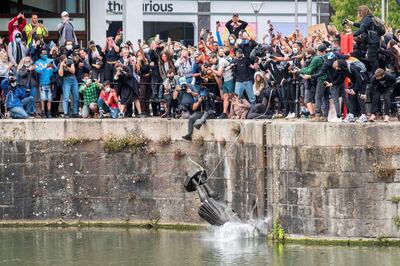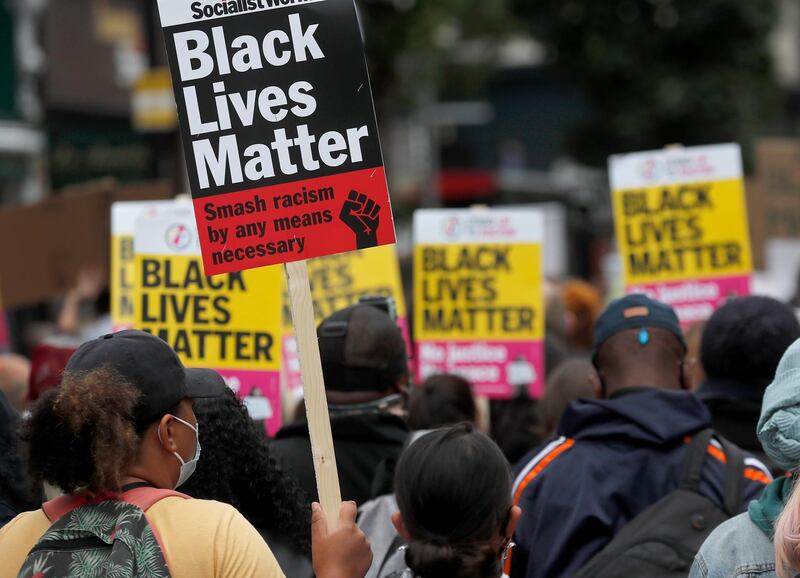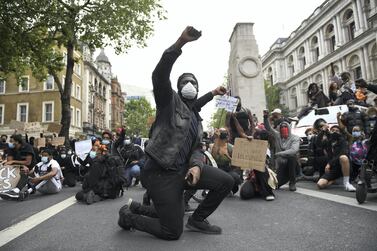UN human rights experts criticised a controversial report into racial inequality in Britain, calling it "tone deaf" and accusing it of normalising white supremacy.
Last month, a government-backed report by the Commission on Race and Ethnic Disparities (Cred) claimed racism was a "real force" in Britain, but said its institutions were no longer "rigged" against ethnic minorities.
On Monday, the UN Working Group of Experts on People of African Descent said it “categorically rejects and condemns” the Cred findings.
In a statement released by the UN Human Rights Office of the High Commissioner, the UN experts said the report “repackages racist tropes and stereotypes into fact, twisting data and misapplying statistics and studies”.
They continued: “The report cites dubious evidence to make claims that rationalise white supremacy by using the familiar arguments that have always justified racial hierarchy.

“This attempt to normalise white supremacy despite considerable research and evidence of institutional racism is an unfortunate sidestepping of the opportunity to acknowledge the atrocities of the past and the contributions of all in order to move forward.”
In a statement, a spokesman for Boris Johnson on Monday rejected the UN body's claims, saying its conclusions misrepresented the report's findings.
"Our view is that this report misrepresents the findings. We remain proud of the UK's long history as a human rights champion and we encourage everyone to read the original report in full," the spokesman said.
"This report in no way condones racist behaviour and in fact it highlights racism and inequality are still problems for our country."
The UN group said the suggestion that family structure rather than institutionalised discrimination is a central part of the black experience is a “tone-deaf attempt at rejecting the lived realities of people of African descent and other ethnic minorities in the UK”.
It said the report failed to recognise accounts of institutional racism in health, education, employment, housing, the justice system and other areas in the UK, raised in domestic reports and by international human rights experts.
The UN body said the report’s “mythical representation of enslavement is an attempt to sanitise the history of the trade in enslaved Africans”.
It urged the government to ensure the “accurate reflection of historical facts”, adding: “The distortion and falsification of these historic facts may license further racism, the promotion of negative racial stereotypes, and racial discrimination.”
The report was ordered by Downing Street after widespread Black Lives Matter protests last summer, triggered by the death of George Floyd in police custody in Minneapolis in the United States.
Following its publication on March 31, the Cred report was criticised for being divisive and it was also accused of “putting a positive spin on slavery and empire”.
The Commission has said any suggestion that it would play down the atrocities of slavery is “as absurd as it is offensive”.
In the report’s foreword, Commission chairman Dr Tony Sewell said a teaching resource should look at the influence of the UK during its Empire period and how “Britishness influenced the Commonwealth”, as well as how local communities influenced “modern Britain”.
He added: “There is a new story about the Caribbean experience which speaks to the slave period not only being about profit and suffering but how culturally African people transformed themselves into a remodelled African/Britain.”








